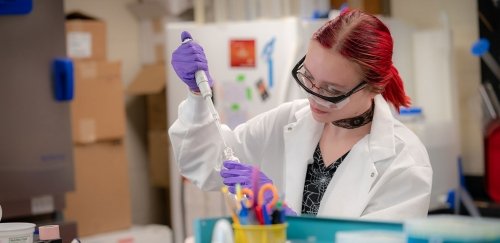Upon completion of this program, students will be able to demonstrate:
- A broad-based understanding of diverse arts and sciences fields.
- A fundamental knowledge of health-related biology and chemistry.
- The mathematical and social skills necessary to succeed in modern society.
- The specific tools and skills required for their chosen discipline.
Dental Hygiene
Upon completion of this program, students will be able to:
- Assume responsibility for ethical dental hygiene practice in accordance with professional codes of ethics and state law.
- Provide comprehensive dental hygiene expertise, knowledge and services to the local community.
- Make evidence-based decisions by acquiring, analyzing and documenting information using current scientific research.
- Critically evaluate professional issues within the context of the modern health-care environment.
- Promote oral health within the community.
Human Service
- Upon completion of this program, students will have a fundamental understanding of health sciences and health-care issues.
Respiratory Therapy
Upon completion of this program, students will be able to:
- Critically evaluate professional issues within the context of the modern health-care environment.
- Describe and interpret statistical tests applied to medical research data.
- Apply evidence-based medicine to clinical practice.

